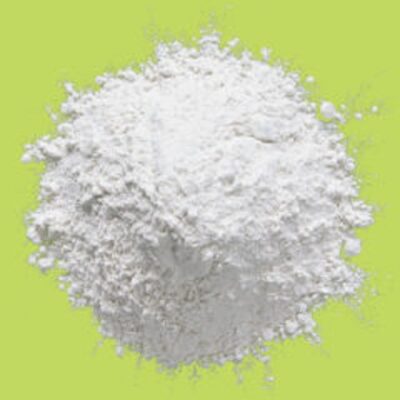Description:
Hydrocarbon Resin 120 is a water white hydrogenated resin derived from petrochemical C5 cyclic feedstocks. It is designed by Edson to tackify a variety of adhesive polymers including EVA, SIS, SEBS block copolymers, metallocene polyolefins, APP and APAO.
Hydrogenated hydrocarbon resins are a crucial component in the paint and ink industry, particularly for improving the performance and quality of various coatings. These resins are synthetic materials derived from the polymerization of petroleum-based compounds, and they undergo a hydrogenation process to enhance their stability and transparency. A specific type of hydrogenated hydrocarbon resin with a melting point of 120°C is highly valued for its unique properties, making it an ideal choice for paints used in diverse applications.
One of the main benefits of using hydrogenated hydrocarbon resin with a melting point of 120°C in paints is its ability to improve the paint’s adhesion properties. Good adhesion is essential for ensuring that the paint bonds effectively to the surface, whether it’s metal, wood, or plastic. This strong bond prevents the paint from peeling, flaking, or cracking over time, which is particularly important in environments exposed to harsh conditions, such as outdoor structures or industrial equipment. The resin helps the paint to adhere smoothly and evenly, providing a durable and long-lasting finish.
Another significant advantage of this type of resin is its contribution to the paint’s gloss and transparency. The hydrogenation process that these resins undergo reduces the color and odor of the resin, making it nearly transparent. This clarity allows the paint to maintain its original color without being affected by the resin, resulting in a vibrant and aesthetically pleasing finish. The high melting point of 120°C also ensures that the resin remains stable under a wide range of temperatures, helping the paint to retain its gloss and appearance even in challenging conditions.
Hydrogenated hydrocarbon resins with a melting point of 120°C are also known for their excellent compatibility with other components in paint formulations. This compatibility means that the resin can easily blend with various solvents, pigments, and additives, creating a uniform and consistent mixture. This property is particularly beneficial in the production of high-quality paints, where consistency and performance are key. The resin’s ability to mix well with other ingredients ensures that the paint delivers reliable results, whether it’s being applied to a wall, a vehicle, or an industrial machine.
The durability of paints containing hydrogenated hydrocarbon resin is another important factor. The resin enhances the paint’s resistance to water, chemicals, and UV radiation, making it suitable for use in environments where exposure to these elements is common. For example, paints used on outdoor structures, such as bridges or buildings, need to withstand rain, sunlight, and pollution without degrading. The resin helps to create a protective barrier that shields the underlying surface from these potentially damaging factors, extending the life of the paint and reducing the need for frequent reapplication.
Moreover, the resin’s high melting point of 120°C makes it ideal for paints that are exposed to high temperatures. In industrial settings, where equipment and surfaces may be subjected to heat, it’s crucial that the paint does not soften or lose its properties. The high melting point ensures that the resin remains solid and maintains its function, providing continuous protection and performance. This makes it an excellent choice for applications such as automotive coatings, where the paint must endure both high temperatures and harsh environmental conditions.
In addition to its performance benefits, hydrogenated hydrocarbon resin with a melting point of 120°C also contributes to the environmental and safety aspects of paint production. The hydrogenation process makes the resin more chemically stable, reducing the emission of volatile organic compounds (VOCs) during the paint’s application and drying process. This is important for both environmental protection and the health of those applying the paint. Low-VOC paints are increasingly in demand as regulations become stricter and as consumers seek more sustainable options.
Hydrogenated hydrocarbon resin with a melting point of 120°C is a valuable ingredient in the paint and ink industry. Its ability to enhance adhesion, improve gloss and transparency, ensure compatibility with other components, and provide durability and heat resistance makes it an ideal choice for a wide range of applications.
Whether used in industrial coatings, automotive paints, or decorative finishes, this resin helps create high-performance paints that meet the demands of modern environments while also supporting sustainability and safety goals.






Leave a Reply